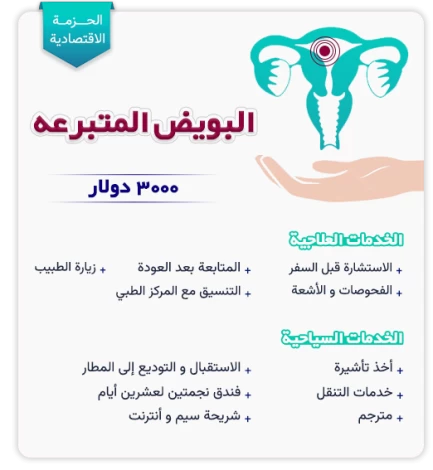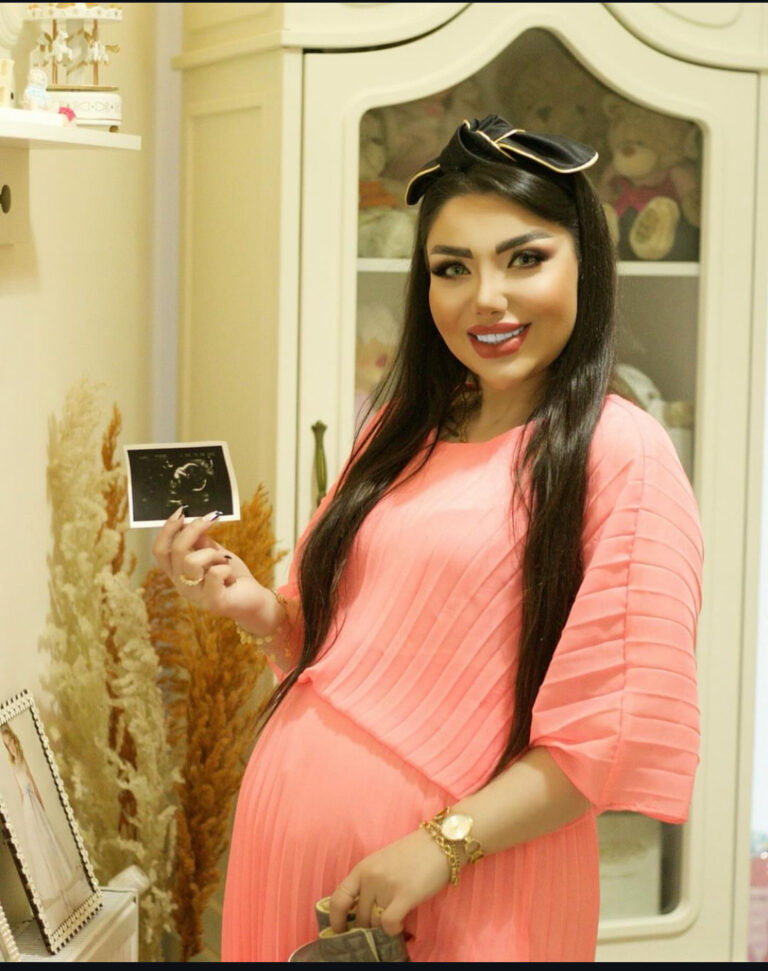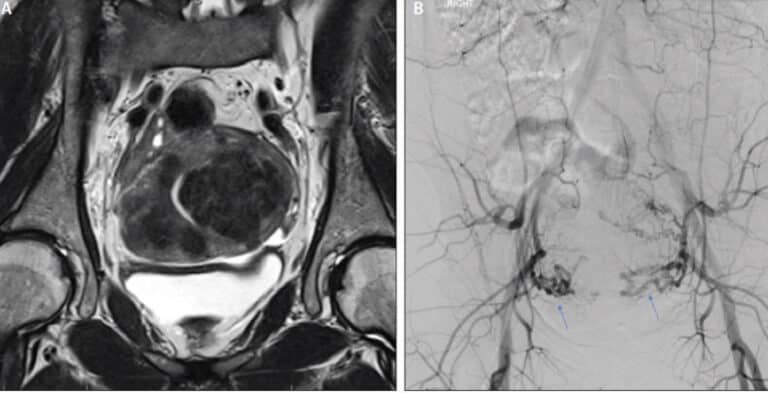What Is Egg Donation?
Egg donation is a process where couples or intended parents select a donor from various options. It is advisable to choose a donor whose physical characteristics resemble the intended mother, such as skin and eye color. Once the donor is selected, she undergoes ovulation stimulation to produce more eggs. These eggs are then collected and fertilized with the male partner’s sperm in a laboratory. The resulting embryos are transferred to the recipient mother’s uterus.
Is Egg Donation Halal?
Egg donation is considered halal (permissible) in Islam, though interpretations differ between Sunni and Shia Muslims. While some Sunni scholars prohibit third-party involvement in reproduction, Shia rules are more lenient. Egg donation helps couples who cannot conceive naturally, fulfilling one of marriage’s purposes in Islam. Muslim donors are often matched with Muslim couples to respect religious considerations and help them experience the joy of parenthood.
Why Choose Iran for Egg Donation?
Iran, being an Islamic country, is a preferred destination for many Muslim couples seeking egg donation. The country boasts numerous experienced fertility specialists and well-equipped clinics. Additionally, the cost of egg donation in Iran is approximately $4,000, significantly lower than the $10,000 average in the U.S. This makes Iran an attractive option for those seeking affordable and high-quality fertility treatments.
Cost of IVF with Donor Egg in Iran
The cost of IVF with donor eggs in Iran varies based on the fertility clinic’s facilities, required medications, pre- and post-operation tests, the donor’s medical and psychological evaluations, egg donor compensation, and the fertility doctor’s reputation. On average, the cost ranges between $4,000 and $5,000.
Requirements for an Egg Donor
Given the high cost and effort involved in egg donation, selecting a qualified donor is crucial. Ideal egg donors should:
- Be of appropriate age
- Have a history of successful pregnancies
- Be physically healthy
- Be mentally healthy
- Resemble the recipients in appearance
Requirements for an Egg Recipient
Egg recipients must meet certain criteria to enhance the chances of pregnancy. They should:
- Be of childbearing age
- Be mentally and physically prepared
- Have a stable financial background
- Have a healthy reproductive system
Egg Donation Timeline in Iran
The egg donation process involves five key steps:
- Finding a Donor: Fertility clinics maintain records of donors and recipients, allowing couples to choose a suitable match.
- Evaluation: Both the donor and recipients undergo medical and psychological tests to ensure the health of the future baby.
- Making a Contract: Once evaluations are satisfactory, a legal contract is signed.
- Preparing for the Process: The donor and female recipient take hormonal medications to prepare for the donation and reception of eggs.
- Starting the Procedure: The donor receives ovulation induction drugs. The doctor monitors the donor with ultrasounds and blood tests to ensure proper response to the medications.
Best Candidates for Using Donor Eggs in Iran
Ideal egg donors should be aged 21 to 35, free from life-threatening diseases, have a clear medical history, and not have STDs or genetic disorders. Female recipients typically face issues such as:
- Age between 35 and 45
- Inability to conceive naturally
- Premature menopause
- Loss of ovaries due to medical treatments or trauma
- Congenital absence of ovaries
- Poor response to ovulation induction and ART techniques
- Low ovarian reserve
- Poor egg quality
- Genetic disorders
- History of repeated miscarriages
IVF Egg Retrieval: Process
The egg donor first takes medications to halt the normal menstrual cycle. Subsequently, drugs are administered to stimulate the ovaries to produce multiple eggs. Using ultrasound and a suction needle, the specialist retrieves the eggs. This procedure, known as follicular aspiration, typically takes about 30 minutes and is performed on an outpatient basis. After the operation, the donor may need a few days of rest but can soon resume normal activities.
Donors should abstain from sexual activity during the donation process or use birth control to prevent pregnancy. Regular blood tests for AIDS, hepatitis, and drug addiction are required, along with physical exams and ultrasounds before the donation period.






